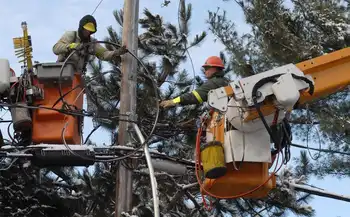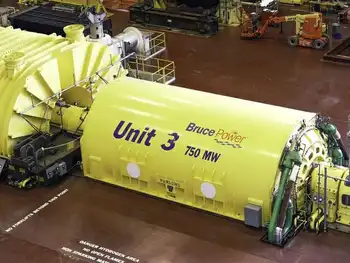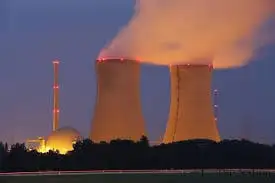Zigbee plans further integration of internet protocol standards
By Electricity Forum
NFPA 70e Training
Our customized live online or in‑person group training can be delivered to your staff at your location.

- Live Online
- 6 hours Instructor-led
- Group Training Available
This move will expand the growing portfolio of successful ZigBee specifications and should further advance the rapid growth of Smart Grid applications that have widely adopted the proven ZigBee Smart Energy public application profile.
By incorporating IETF standards, ZigBee Smart Energy products will enhance their application capabilities with native IP support, allowing seamless integration of Internet connectivity into each product. ZigBee members will also benefit from the knowledge and experience contained in IETF standards for large scale network addressability, security and IT integration, further building on existing expertise from developing the worldÂ’s leading technologies in the area of reliable, low-cost wireless sensor and control networks.
The ZigBee Alliance is a global ecosystem of companies creating standardized wireless solutions for use in energy management, commercial and consumer applications.
Through cooperative efforts with IETF, ZigBee members will create additional innovative solutions for wireless sensor and control networks as part of the new specification. Internet connectivity is currently provided by existing ZigBee specifications; however, the addition of native IP support will offer tighter integration from wireless devices all the way to large scale utility IT networks. The resulting specification will further broaden ZigBeeÂ’s suite of low-power wireless network solutions to meet the diversified needs of companies in the home, automation, healthcare, commercial building automation, telecommunications and consumer markets.
“This activity creates a win-win for everyone by combining the strengths of the ZigBee Smart Energy standard with the ubiquity of Internet standards and confirms that smart meter deployments currently underway will have a seamless path for continuous upgrades including Internet connectivity,” said Paul De Martini, vice president at Southern California Edison. “ZigBee Smart Energy solutions are playing a key role in our Smart Grid enabled programs that will provide our customers with choice and promote long term sustainability.”
An Edison International company, Southern California Edison is the largest electric utility in the state of California, serving a population of more than 13 million via 4.8 million customer accounts.
The Alliance provides the leading low-power wireless networking standards that are open, extensible and easily upgradable. It will build on the success of existing Smart Grid deployments of smart meters and Home Area Networks (HAN) using the ZigBee Smart Energy profile. This move will greatly assist global standardization efforts for Smart Grid applications including HAN devices, plug-in electric vehicles (PEVs), distributed generation and storage applications.
“This is what our members have been looking for – the established, respected and mature capability of ZigBee wireless standards coupled with native IP capabilities along with the support of the IETF,” said Bob Heile, chairman of the ZigBee Alliance. “Our members look forward to collaborating with the IETF on wireless sensor network development. The ZigBee Alliance will continue looking for ways to work with, and support, open standards as part of our continuing development of the world’s leading low-power wireless networking solutions.”
ZigBee Smart Energy is the only standardized home area network solution in the market today meeting the tough requirements of leading utilities and energy service providers worldwide. The deployment of an estimated 30 million ZigBee equipped smart meters is underway in North America.











